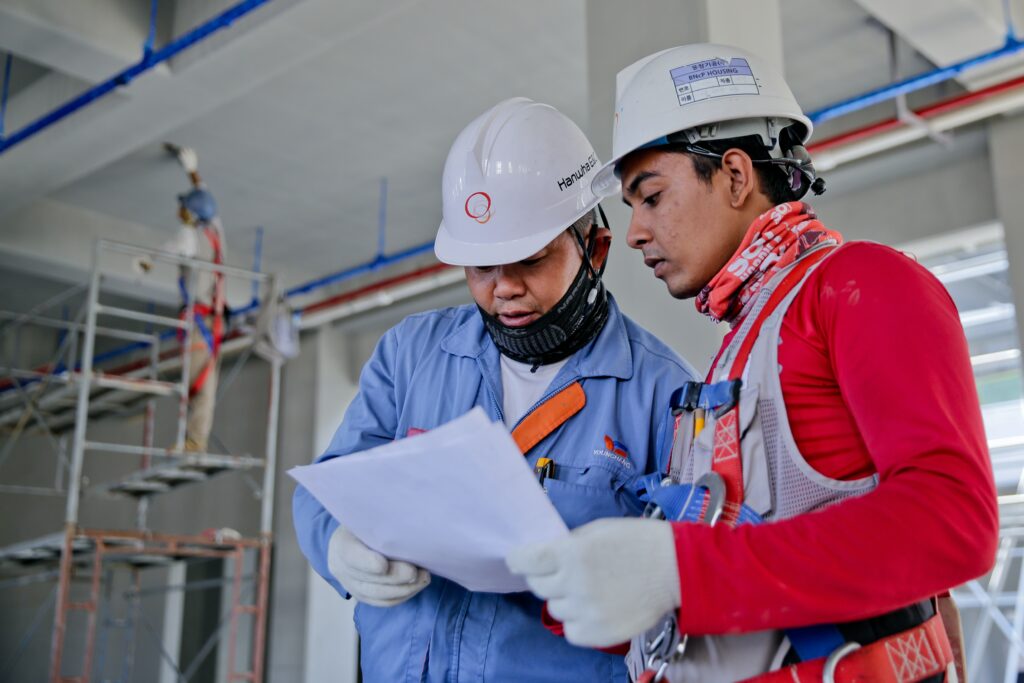Engineering is a broad subject, and with so many different types of engineering to select from, it can be tough to decide which one is right for you.

To assist you in making your decision, consider what you are enthusiastic about. What piques your interest, and how do you spend your leisure time? All types of engineering involve some form of problem-solving (and generally aim to make life easier), but which engineering-related solution has piqued your interest the most? If you choose a subject that you are naturally interested in, you will find it simpler to stay motivated and involved in the subject while pursuing an engineering career.
Here’s a breakdown of the numerous engineering fields to help you decide which one is right for you.
Aerospace engineering/aeronautical engineering
This engineering discipline is concerned with the research, design, development, construction, testing, science, and technology of airplanes. You could also study astronautical engineering, which focuses on spacecraft and deep space environments.
If you’re interested in the history and methodology of flying aircraft, from the earliest conceptual sketches to the evolution of modern jets, this is the engineering field for you.
You’re fascinated by the mechanics of air travel.
You’re fascinated by computer simulations and the performance of airplane machinery under harsh situations.
Specializations in aeronautical engineering
If you study aeronautical engineering, you could specialize in aerodynamics, aeroelasticity, composites analysis, avionics, propulsion, and structures and materials.
Engineering in chemistry
This branch of engineering is concerned with applying chemical and biological processes to the production of useful materials or substances. It’s a multidisciplinary discipline that combines natural and experimental sciences (like chemistry and physics) with life sciences (including biology, microbiology, and biochemistry) and mathematics and economics.
If you have an analytical mindset, this is the engineering field.
You’re also thinking about majoring in chemistry or another natural/life science.
You’re curious about the chemical processes that go into making daily items.
Chemical engineering subspecialties
If you study chemical engineering, you could specialize in chemical reaction engineering, plant design, process engineering, or transport phenomena.
Civil engineering
The professional practice of designing and developing infrastructure projects is known as civil engineering. This might be on a large scale, such as the construction of statewide transportation systems or water supply networks, or it can be on a smaller scale, such as developing individual roads or buildings.
If you enjoy designing and building things, this is the engineering field for you.
You’re fascinated with mechanics, hydraulics, geotechnics (the application of understanding the Earth’s crust to construction challenges), materials science, and statistical analysis.
You want to improve your design abilities, particularly in computer-aided design.
Specializations in civil engineering
Civil engineering specializations include structural engineering, architectural engineering, transportation engineering, geotechnical engineering, environmental engineering, and hydraulic engineering.
